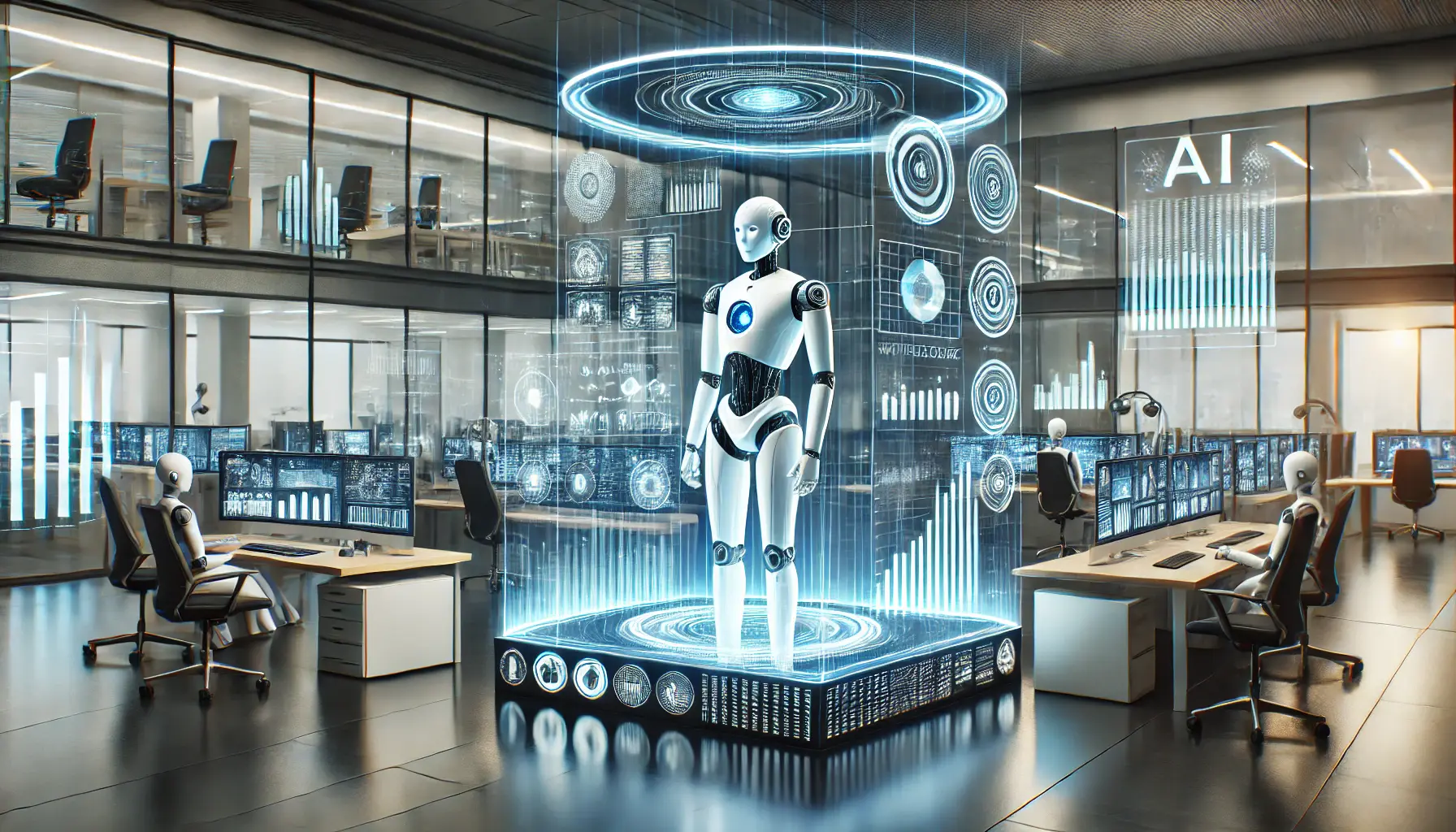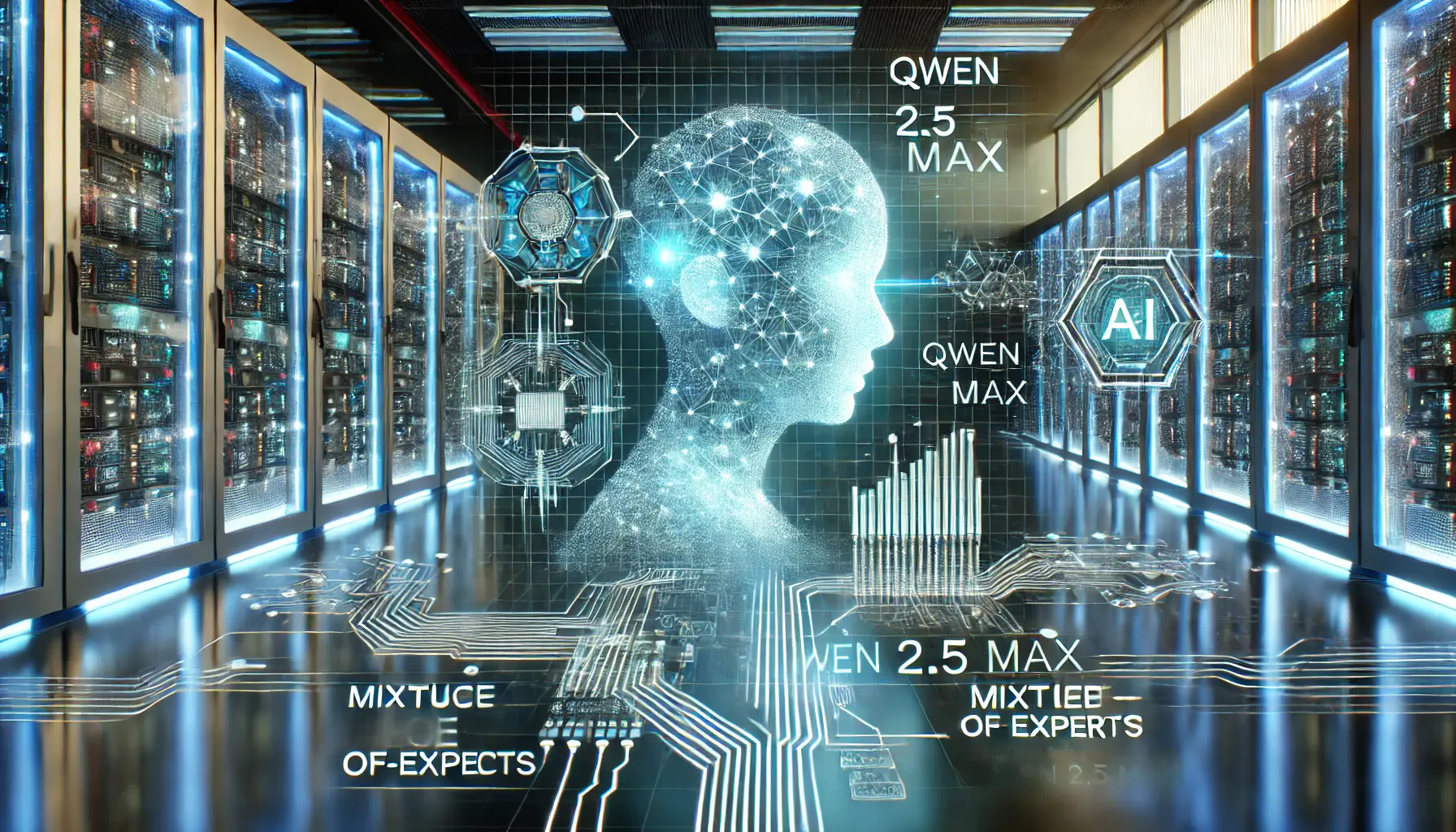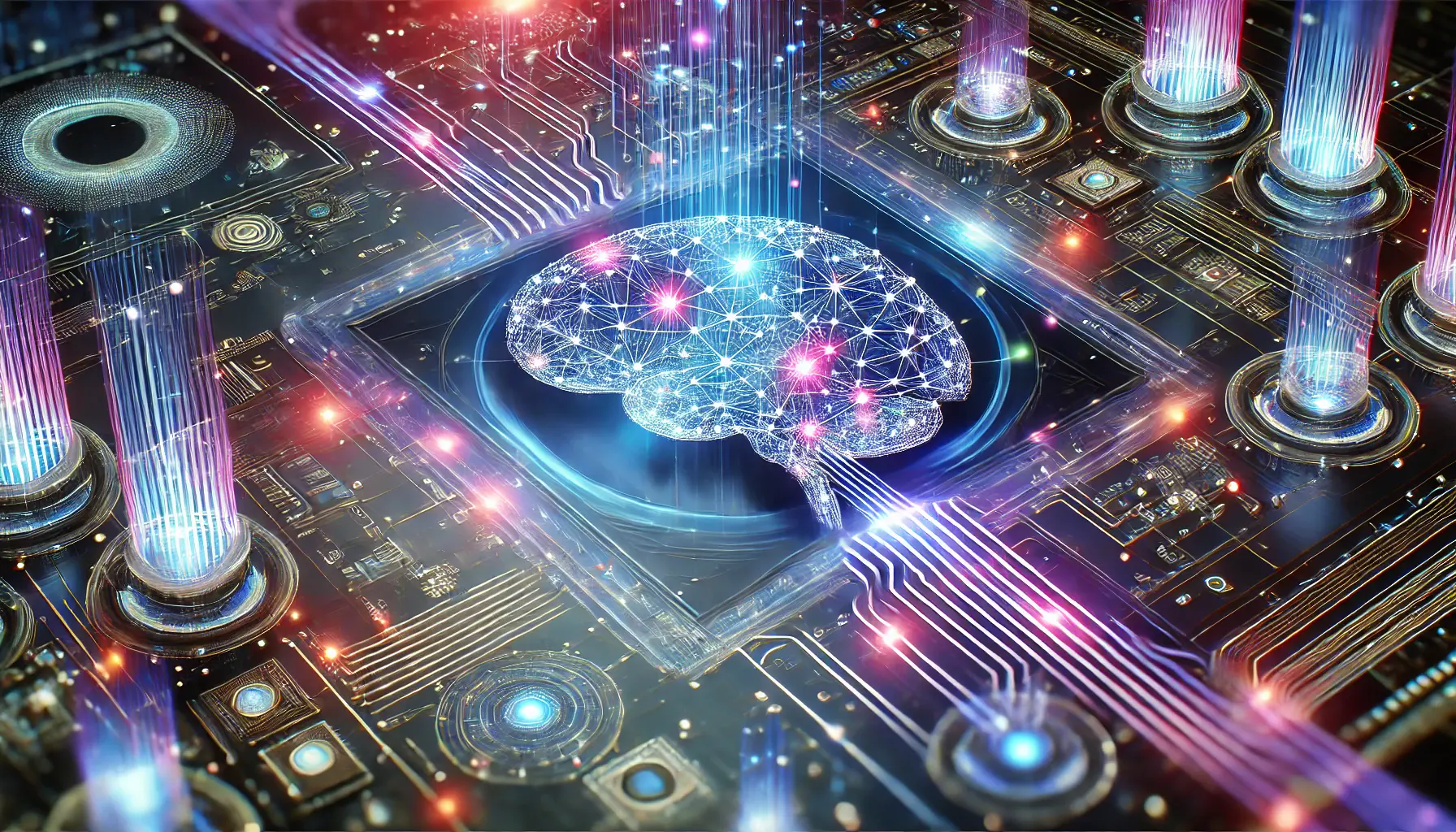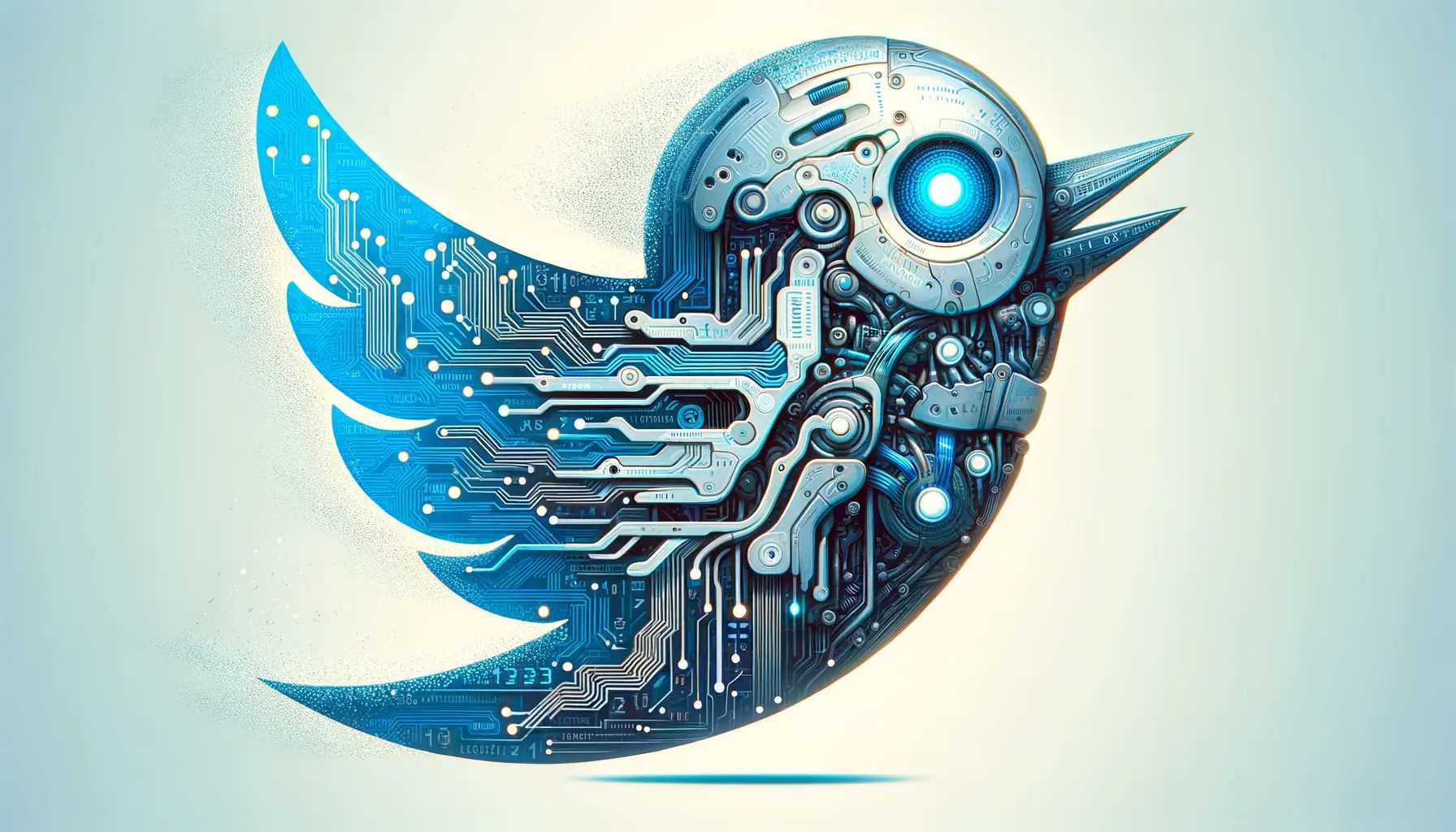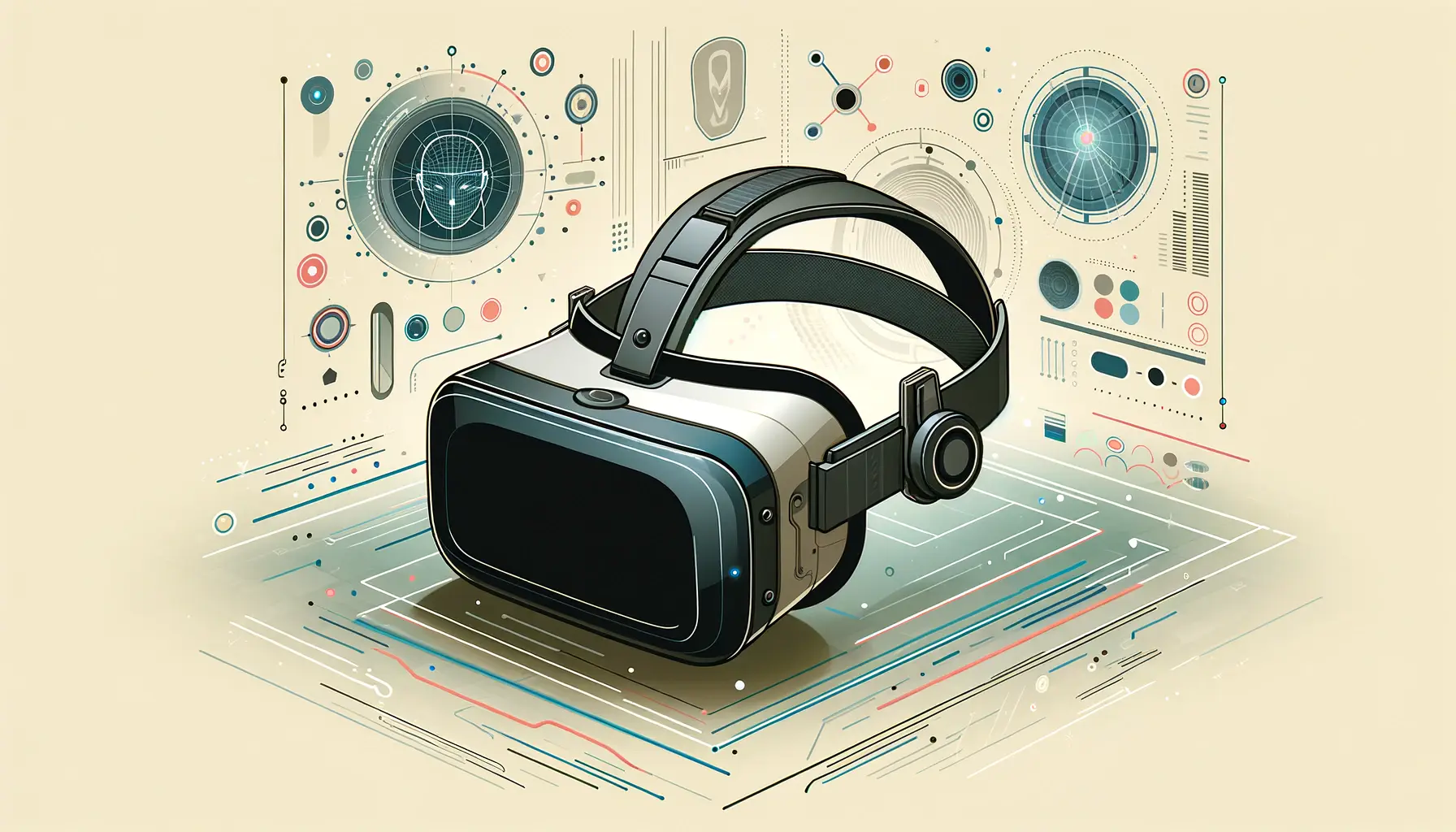The dawn of artificial intelligence has ushered in a new era of digital assistants, but none quite like Claude.
This next-generation AI assistant represents a significant leap forward in how we interact with technology.
Developed by Anthropic, Claude is not just another voice in the crowd of digital helpers; it’s a pioneering force designed to be helpful, honest, and harmless.
Its introduction marks a pivotal moment in the evolution of AI, promising to redefine our expectations of what these technologies can achieve.
Claude’s development is rooted in cutting-edge research, aiming to create an AI that not only understands and executes tasks but does so with an unprecedented level of ethical consideration and safety.
This initiative reflects a growing awareness in the tech community about the importance of responsible AI development.
Claude stands at the forefront of this movement, embodying the principles of transparency, reliability, and user-centric design.
Its capabilities are a testament to the progress being made towards creating AI systems that genuinely benefit humanity.
- Understanding Claude’s Core Technology
- The Role of Claude in Everyday Life
- Customization and Personalization with Claude
- Security and Privacy in the Age of Claude
- Integrating Claude into Business Operations
- Future Prospects of Claude and AI Evolution
- Challenges and Ethical Considerations of AI like Claude
- Embracing the Future with Claude: A Comprehensive Conclusion
- Claude AI: Your Questions Answered
Understanding Claude’s Core Technology
The Foundation of Claude’s Intelligence
At the heart of Claude’s remarkable abilities is a sophisticated machine learning model, meticulously trained on diverse datasets to understand and process human language with nuance and precision.
This foundation enables Claude to engage in conversations, comprehend complex requests, and provide responses that are not only accurate but contextually relevant.
The technology behind Claude is designed to learn and adapt, ensuring that it remains at the cutting edge of AI capabilities.
Moreover, Claude’s AI is built with a focus on ethical guidelines, ensuring that its interactions are guided by principles of harmlessness and helpfulness.
This ethical framework is not an afterthought but a core aspect of Claude’s design, ensuring that it acts in the best interest of its users while minimizing potential risks associated with AI interactions.
Enhancing User Experience with Advanced Features
Claude distinguishes itself from other AI assistants through its advanced features that cater to a wide range of tasks, from simple day-to-day queries to complex problem-solving scenarios.
Its ability to understand context and retain information over the course of a conversation allows for a more natural and engaging interaction.
Users can expect a seamless experience, whether they are seeking information, organizing their schedules, or requiring assistance with specific tasks.
One of Claude’s standout features is its capacity for continuous learning.
By interacting with users, Claude fine-tunes its responses and understanding, ensuring that it becomes more efficient and effective over time.
This dynamic learning process is crucial for keeping Claude relevant and useful, adapting to the evolving needs and preferences of its users.
Claude’s core technology and advanced features set a new standard for what AI assistants can achieve, offering a glimpse into the future of human-AI interaction.
The Role of Claude in Everyday Life
The integration of Claude into our daily routines signifies a shift towards more intuitive and interactive technology use.
This AI assistant is not just about performing tasks but enhancing the quality of life for its users.
By offering personalized assistance, Claude becomes more than a tool; it becomes a companion that understands individual preferences and needs.
Let’s explore how Claude seamlessly integrates into various aspects of everyday life:
Personal Productivity and Organization
- Task Management: Claude helps users organize their tasks efficiently, setting reminders and prioritizing tasks based on deadlines and personal preferences.
- Schedule Optimization: By analyzing users’ calendars, Claude suggests optimal scheduling for meetings and events, helping to avoid conflicts and maximize productivity.
Information and Research
- Instant Information Retrieval: Claude provides quick access to information, answering questions and offering explanations on a wide range of topics.
- Deep Research Assistance: Beyond surface-level information, Claude can assist in conducting deeper research, summarizing findings, and even suggesting sources for further exploration.
Entertainment and Leisure
- Personalized Recommendations: Claude suggests movies, books, and activities based on users’ interests and past preferences, offering tailored entertainment options.
- Interactive Gaming: Claude can participate in games, providing a unique and engaging way to enjoy leisure time with an AI companion.
The versatility of Claude in handling both mundane and complex tasks alike showcases its potential to become an indispensable part of daily life.
Its ability to adapt and learn from interactions ensures that it remains relevant to the user’s changing needs and preferences, making everyday life more manageable and enjoyable.
Claude’s impact on personal productivity, information access, and entertainment highlights its role as a transformative tool in enhancing daily life.
Customization and Personalization with Claude
One of the most compelling features of Claude is its ability to offer a highly customized and personalized experience to each user.
This level of personalization is achieved through sophisticated algorithms and machine learning techniques that allow Claude to understand and adapt to the unique preferences and requirements of its users.
This section delves into how Claude achieves this customization and the impact it has on user experience.
Customization and personalization are at the core of Claude’s design, enabling it to provide assistance that feels genuinely tailored to each individual.
Here’s how Claude achieves this:
- User Interaction Analysis: Claude continuously learns from the interactions it has with users, including the types of tasks requested, the language used, and the feedback provided. This data helps Claude to refine its understanding of each user’s preferences.
- Adaptive Learning Algorithms: These algorithms enable Claude to adjust its responses and suggestions based on past interactions, ensuring that the assistance it provides becomes more accurate and relevant over time.
- Contextual Awareness: Claude’s ability to understand the context of requests and conversations allows it to offer more nuanced and appropriate responses, further enhancing the personalization of the experience.
Impact on User Experience
- Increased Efficiency: By understanding users’ preferences and working styles, Claude can streamline tasks and information retrieval, saving users time and effort.
- Enhanced Engagement: The personalized interaction with Claude makes the experience more engaging and enjoyable, encouraging users to utilize the AI assistant more frequently and for a broader range of tasks.
- Greater Satisfaction: Users are more likely to feel satisfied with an AI assistant that understands their needs and preferences, leading to a more positive overall experience with the technology.
The customization and personalization capabilities of Claude not only set it apart from other AI assistants but also significantly enhance the user experience.
By providing tailored assistance, Claude ensures that its interactions are not just helpful but also meaningful and relevant to each user’s life.
The ability of Claude to customize and personalize its interactions represents a significant advancement in AI technology, offering users a more intuitive and satisfying experience.
Security and Privacy in the Age of Claude
In an era where digital assistants are becoming increasingly integrated into our personal and professional lives, concerns about security and privacy are more pertinent than ever.
Claude, as a next-generation AI assistant, places a strong emphasis on safeguarding user data and ensuring privacy.
This commitment is reflected in its design and operational protocols, which prioritize the protection of sensitive information.
The architecture of Claude incorporates several layers of security measures to prevent unauthorized access and ensure the confidentiality of user data.
Here’s an overview of how Claude addresses these critical concerns:
- Encryption: All data transmitted to and from Claude is encrypted, ensuring that conversations and personal information are secure from eavesdropping or interception.
- Data Anonymization: Claude employs data anonymization techniques to ensure that personal information cannot be directly linked to specific users, enhancing privacy.
- Consent-Based Data Sharing: Claude operates on a consent-based model, where users have control over what information is shared and can adjust their privacy settings according to their preferences.
Building Trust with Users
Trust is a cornerstone of the relationship between users and digital assistants.
Claude’s approach to security and privacy is designed not only to protect users but also to build and maintain this trust.
By being transparent about its data handling practices and giving users control over their information, Claude fosters a sense of security and confidence among its users.
- Transparency: Claude provides clear information about how data is collected, used, and protected, allowing users to make informed decisions about their interactions with the AI assistant.
- User Control: Users have the ability to access, modify, or delete their personal data at any time, giving them complete control over their information.
The emphasis on security and privacy in the development and operation of Claude is a testament to the evolving landscape of digital assistant technology.
As these tools become more embedded in our daily lives, the measures taken by Claude to protect user data and ensure privacy set a new standard for the industry, highlighting the importance of ethical considerations in the age of AI.
Claude’s comprehensive approach to security and privacy not only addresses the concerns of today’s users but also anticipates the needs of tomorrow, ensuring that the AI assistant remains a trusted and valuable companion.
Integrating Claude into Business Operations
The advent of Claude presents a unique opportunity for businesses to revolutionize their operations, leveraging AI to enhance efficiency, customer service, and decision-making processes.
Claude’s advanced capabilities, combined with its ethical framework and user-centric design, make it an ideal partner for businesses looking to innovate and stay ahead in the digital age.
Here’s how Claude can be seamlessly integrated into various business operations:
- Customer Support: Claude can handle customer inquiries in real-time, providing quick and accurate responses, which enhances customer satisfaction and reduces the workload on human support teams.
- Project Management: By assisting in task allocation, deadline tracking, and progress updates, Claude can streamline project management processes, ensuring projects are completed efficiently and on time.
- Data Analysis: Claude’s ability to process and analyze large volumes of data can provide businesses with valuable insights, aiding in strategic decision-making and identifying opportunities for growth.
Transforming the Workplace with AI
The integration of Claude into the workplace is not just about automating tasks; it’s about transforming the way businesses operate.
Claude’s AI capabilities can foster a more dynamic, responsive, and innovative work environment, where employees are empowered to focus on creative and strategic tasks.
- Enhancing Collaboration: Claude can facilitate better communication and collaboration among team members, breaking down silos and ensuring that everyone is aligned with the company’s goals.
- Personalized Learning and Development: Claude can offer personalized training and development programs, helping employees to enhance their skills and advance their careers.
The potential of Claude to transform business operations is immense.
By adopting Claude, companies can not only improve their operational efficiency but also create a more engaging and innovative workplace.
This strategic integration of AI into business processes signifies a shift towards more intelligent, adaptable, and human-centric operations.
The integration of Claude into business operations marks a significant milestone in the journey towards intelligent and sustainable business practices, offering a blueprint for the future of work.
Future Prospects of Claude and AI Evolution
The development and introduction of Claude into the market signify a pivotal moment in the evolution of artificial intelligence.
As we look towards the future, the prospects of Claude and the broader AI landscape are both exciting and transformative.
The continuous advancement in AI technology promises to further enhance Claude’s capabilities, making it an even more integral part of our daily lives and business operations.
Exploring the potential future developments and impact of Claude:
- Advancements in AI Models: Future iterations of Claude are expected to incorporate more advanced AI models, enabling even more nuanced understanding and interaction capabilities. This will allow Claude to handle a broader range of tasks and offer more personalized experiences.
- Expansion into New Domains: As Claude’s technology evolves, it will find applications in new and diverse domains, from healthcare to education, further demonstrating its versatility and potential to contribute to societal advancement.
- Integration with Emerging Technologies: Claude is set to integrate with other emerging technologies, such as augmented reality (AR) and the Internet of Things (IoT), creating new possibilities for interaction and service delivery.
Shaping the Future of Human-AI Interaction
The future of Claude is not just about technological advancements; it’s about shaping the way humans interact with AI.
Claude’s development is guided by principles of ethical AI use, ensuring that as it evolves, it remains a positive force in users’ lives.
The focus on creating a helpful, honest, and harmless AI assistant sets a precedent for future AI developments, emphasizing the importance of aligning AI technology with human values and needs.
- Enhancing Human Capabilities: Claude’s evolution will continue to focus on augmenting human capabilities, rather than replacing human roles, fostering a symbiotic relationship between humans and AI.
- Promoting Ethical AI Use: As Claude advances, it will serve as a model for ethical AI development, promoting practices that ensure AI technologies are developed and used in ways that benefit society as a whole.
The future prospects of Claude and the evolution of AI are bound by the potential to transform our world in profound ways.
As Claude continues to develop, it will undoubtedly play a key role in defining the next era of human-AI interaction, driving innovation and progress across all sectors of society.
The ongoing evolution of Claude represents a forward-looking vision for AI, where technology not only advances in capability but does so in a manner that is ethical, user-centric, and aligned with enhancing human life.
Challenges and Ethical Considerations of AI like Claude
While the advancements and capabilities of AI assistants like Claude offer numerous benefits, they also present challenges and ethical considerations that must be addressed.
As AI becomes more integrated into our lives, the implications for privacy, security, and societal impact become increasingly significant.
Understanding and navigating these challenges is crucial for ensuring that AI technologies like Claude contribute positively to society.
Key challenges and ethical considerations include:
- Data Privacy and Security: Ensuring the protection of user data against breaches and unauthorized access is paramount. Claude’s developers must continuously update security measures to keep pace with evolving threats.
- Algorithmic Bias: AI systems can inadvertently perpetuate biases present in their training data. It’s essential to implement measures to detect and mitigate bias in Claude’s algorithms, ensuring fairness and impartiality.
- Transparency and Accountability: As AI systems like Claude make more decisions, clarifying the rationale behind these decisions becomes crucial. Users should be able to understand how and why decisions are made, ensuring accountability.
Addressing Ethical Concerns
Addressing the ethical concerns associated with AI like Claude involves a multifaceted approach, encompassing regulatory compliance, ethical design principles, and ongoing research into the societal impacts of AI.
By prioritizing these aspects, developers can navigate the challenges and ensure that Claude remains a force for good.
- Regulatory Compliance: Adhering to existing and emerging regulations governing AI and data protection is essential for maintaining user trust and ensuring ethical use of technology.
- Commitment to Ethical Design: Incorporating ethical considerations into the design and development process of Claude ensures that it operates within accepted moral and ethical boundaries.
- Ongoing Research and Dialogue: Engaging with the broader community of users, ethicists, and policymakers helps to identify emerging ethical challenges and develop strategies to address them.
The journey of integrating AI into our lives is complex and filled with challenges.
However, by addressing these ethical considerations head-on, developers and users of AI like Claude can navigate this landscape responsibly.
The goal is to harness the potential of AI to improve lives while ensuring that ethical principles guide its development and use.
Ignoring the ethical considerations and challenges associated with AI technologies like Claude can lead to unintended consequences, undermining the potential benefits and societal trust in AI.
Embracing the Future with Claude: A Comprehensive Conclusion
The journey through the capabilities, potential, and challenges of Claude, the next-generation AI assistant, reveals a landscape brimming with possibilities.
Claude stands as a testament to the advancements in artificial intelligence, offering a glimpse into a future where AI assistants are not merely tools but partners in navigating the complexities of daily life and business operations.
This conclusion aims to encapsulate the essence of Claude, reflecting on its impact and the path forward.
The Transformative Impact of Claude
Claude’s introduction into the market marks a significant milestone in the evolution of AI.
With its sophisticated algorithms, ethical framework, and user-centric design, Claude has set new standards for what AI can achieve.
From enhancing personal productivity to revolutionizing business operations, Claude’s capabilities extend far beyond conventional digital assistants.
Its ability to learn, adapt, and provide personalized experiences has redefined the boundaries of human-AI interaction, promising a future where technology and humanity converge in harmony.
Navigating Challenges with Ethical Considerations
However, the path of innovation is not without its obstacles.
The challenges and ethical considerations surrounding Claude and AI at large underscore the importance of responsible development and deployment.
Issues such as data privacy, algorithmic bias, and transparency are not merely technical hurdles but are fundamental to ensuring that AI serves the greater good.
Addressing these challenges requires a concerted effort from developers, users, and policymakers alike, emphasizing the need for a collaborative approach to shaping the future of AI.
- Commitment to Ethical AI Development
- Engagement with Regulatory Frameworks
- Continuous Dialogue with the Community
In conclusion, Claude represents more than just an advancement in AI technology; it embodies the potential for AI to enhance human life, streamline business operations, and address complex challenges.
As we stand on the brink of this new era, the journey of Claude offers valuable insights into the future of AI.
By embracing the possibilities, navigating the challenges with ethical foresight, and fostering a collaborative environment, we can ensure that AI like Claude will continue to evolve in ways that benefit humanity as a whole.
Claude AI: Your Questions Answered
Discover everything you need to know about Claude, the next-generation AI assistant, with our comprehensive FAQ section.
Yes, Claude AI can analyze and provide insights on social trends, popular culture, and current events, making it a versatile tool for users.
To chat with Claude, users can access its platform via dedicated apps or web interfaces, offering a seamless interaction experience.
Claude AI is currently available to a limited set of customers and researchers, with plans to expand access in the future.
Yes, Claude has the capability to access the internet for retrieving information, making it a highly resourceful assistant.
The Claude AI app is free to download, with all features enabled, offering a comprehensive AI experience without any cost.
Claude AI stands out as both an AI chatbot and a platform powered by advanced Large Language Models, offering unparalleled interaction quality.
Claude AI is designed with a focus on ethical AI development, offering unique features that distinguish it from other models like ChatGPT.
Yes, Claude AI is accessible through Slack, allowing users to integrate this advanced AI assistant into their workflow efficiently.



